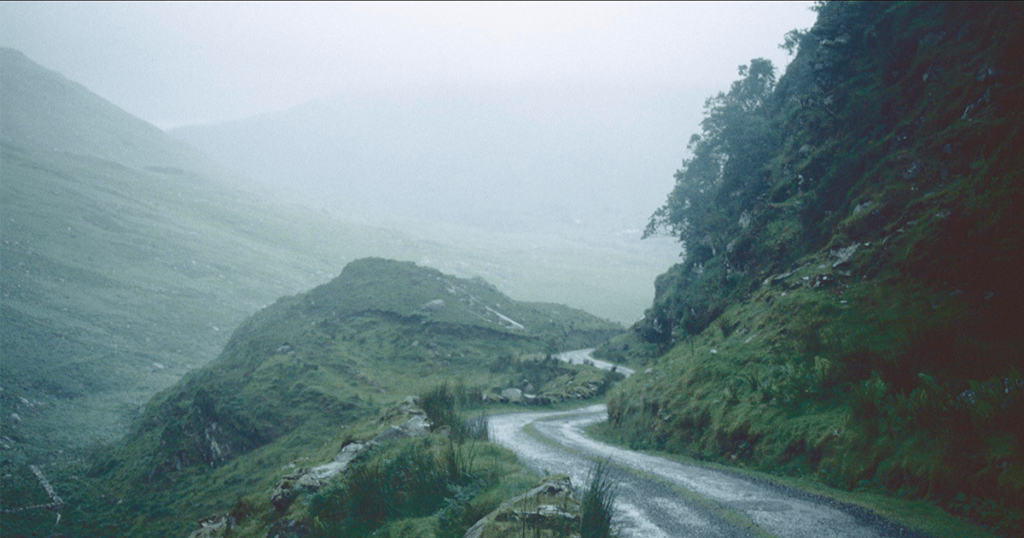
Ireland in the 1920s. A train pulls into a country station and a tall man wearing a cloth cap steps out onto the platform. The locals surround him and, upon being asked for the way to Innisfree, deliver a flurry of useless directions with charming smiles. This is “the quiet man,” the titular hero of John Ford’s iconic 1952 film, one that helped create an indelible fantasy about Ireland.
My list of five excellent Irish films does not directly take on the clichés in The Quiet Man, but each, in one way or another, challenges the dominant imagery and narratives surrounding Irish cinema. Like the Irish film industry itself, most of these movies are relatively recent. In a country dominated by clerical hostility to the subversive pleasures of filmgoing, there was little opportunity for Irish filmmakers to develop a tradition of their own until well into the 1970s. Which is not to say that directors weren’t still making great movies. Here’s a list of five underrated Irish classics, from the 1960s to the present day.
Passages from James Joyce’s Finnegans Wake
(Mary Ellen Bute, 1966)
Directed by the iconic animator Mary Ellen Bute, in collaboration with Irish actor and writer Mary Manning, this crazy and wonderful experimental interpretation of Joyce’s novel is complete with animated sequences, double exposures, montages, and subtitles.
Ulys
(Tim Booth, 1998)
Continuing the Joycean theme, Ulys is Tim Booth’s cut-down tribute to Ulysses. It’s only five minutes long but the playful, bawdy animation still manages to tip a knowing wink to the novel.
Reefer and the Model
(Joe Comerford, 1988)
One of the first Irish films to feature a homosexual encounter, the anarchic Reefer and the Model follows the interaction of an ex-IRA man and a pregnant prostitute aboard an old fishing vessel. The movie belongs to the first wave of Irish avant-garde films in the 1970s and 1980s.
Garage
(Lenny Abrahamson, 2007)
Director Lenny Abrahamson’s second feature after the much-loved Adam & Paul never quite attracted the same plaudits as his Beckettian debut, yet this devastatingly sad and funny depiction of a middle-aged man (played by Pat Shortt in a career-defining performance) going off the rails in rural Ireland is well worth watching.
Fairytale of Kathmandu
(Neasa Ní Chianáin, 2007)
What happens when you start out to make a film tribute to your favorite Irish-language poet but stumble across a very different story? A journey to Kathmandu forces Neasa Ní Chianáin to confront the reasons behind her idol’s patronage of young local men. This documentary about celebrated poet Cathal Ó Searcaigh is naïve and revelatory in equal measures.

